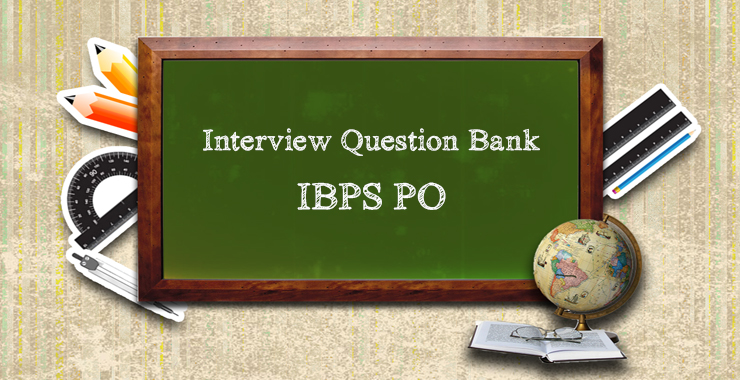
Bank PO interviews are a critical step in the journey towards a career in banking. As an aspirant, being well-prepared for this crucial phase is essential. This article delves into the art of mastering Bank PO interview questions, revealing key insights and strategies to help you succeed.
Understanding the Importance
Before diving into the questions, let’s understand why these interviews are crucial. Bank PO (Probationary Officer) positions are highly competitive, attracting numerous candidates. The interview phase allows the selection panel to assess your suitability for the role beyond what’s
reflected on your resume.
The Common Interview Questions
- Tell Us About Yourself: This is often the opening question. Keep your response concise, focusing on your education, relevant experience, and achievements.
- Why Banking: Be prepared to explain your motivation for a career in banking. Highlight your passion for finance and the value you can bring to the organisation.
- Strengths and Weaknesses: When discussing your strengths, link them to the banking role. For weaknesses, choose something minor and emphasise your efforts to improve.
- Why Our Bank: Research the bank’s values, mission, and recent achievements. Tailor your response to align with the organisation’s goals.
- Situational Questions: Expect questions like “How do you handle stress?” or “Give an example of a challenging situation you’ve faced at work.” Structure your answers using the STAR (Situation, Task, Action, Result) method.
- Technical Questions: Brush up on banking concepts, current financial trends, and economic news. You might be asked about banking terminology, financial ratios, or the impact of recent policies.
- Leadership and Teamwork: Be ready to discuss instances where you demonstrated leadership or worked effectively in a team. Showcase your ability to collaborate and lead when necessary.
Preparing for Success
Now that you know the common questions, let’s focus on mastering them.
Research: Start by thoroughly researching the bank you’re interviewing with. Understand its history, products, services, and recent news. This knowledge will help to tailor your responses to align with the bank’s values and objectives.
Mock Interviews: Practice makes perfect. Conduct mock interviews with friends or mentors to simulate the interview experience. This will help you refine your answers and build confidence.
Behavioural Questions: Use the STAR method to structure your responses for situational and behavioural questions. Provide a specific Situation, explain the Task at hand, describe the Actions you took, and highlight the Results achieved.
Technical Knowledge: Stay updated with the latest developments in the banking industry. Be well-versed in financial terminology, economic trends, and banking regulations. This will demonstrate your commitment and knowledge to the interview panel.
Body Language: Non-verbal communication is vital during interviews. Maintain good eye contact, sit up straight, and use gestures sparingly. A confident demeanour can leave a lasting impression.
Questions for the Panel: Prepare thoughtful questions to ask the interview panel. This demonstrates your genuine interest in the role and the organisation. Avoid questions related to salary or benefits at this stage.
Handling Nervousness: It’s natural to feel nervous before an interview. Practice relaxation
techniques, like deep breathing, to calm your nerves. Remember, confidence comes with preparation.
Dos and Don’ts
- Do arrive on time for the interview.
- Do dress professionally and conservatively.
- Don’t speak negatively about past employers or colleagues.
- Don’t interrupt the interviewers; listen carefully before responding.
- Send a thank-you note or email after the interview to express your gratitude.
Conclusion
Mastering Bank PO interview questions requires thorough preparation, research, and practice. Understanding the importance of these interviews, familiarising yourself with common questions, and following our tips can enhance your chances of success. Remember, it’s not just about what you say but how you present yourself that matters in banking interviews.






